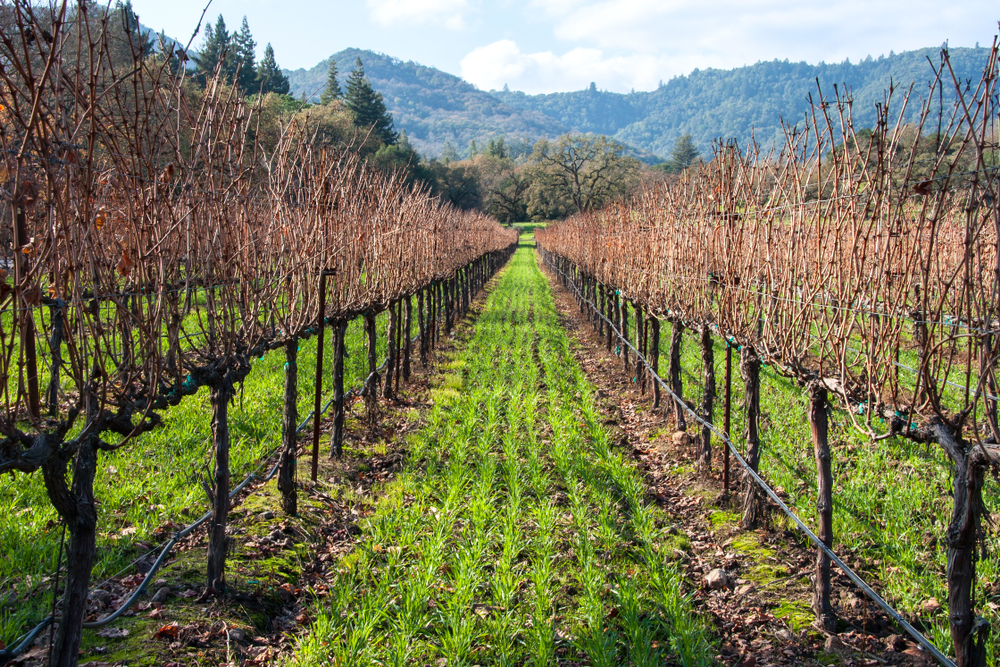Systemic Induced Response or SIR is an important way to take advantage of Mother Nature. When a plant is under attack, it releases reactive oxygen species – hydrogen peroxide and superoxide. In addition, the cells surrounding the site of infection are signaled to undergo apoptosis (programmed cell death), to prevent the spread of the pathogen.
A plant’s SIR response mobilizes the entire plant to protect itself, combining an internal Systemic Augmented Response (SAR) and external Induced System Response (ISR) that releases plant growth-promoting rhizobacteria (PGPR) that act as biocontrol agents. SIR is a hypersensitive response, meaning that it’s the plant’s immediate reaction. SAR, on the other hand, is a longer-term resistance, involving communication of the damaged tissue with the rest of the plant leading to more global changes within the plant.
Under SAR, plants release compounds called phytoalexins or toxins to address adversarial challenges. We’re quite familiar with these phytoalexins as they include phenols, terpenoids, glycosterols, alkaloids and isoflavonoids. These compounds have the ability to puncture the cell wall of the pathogen, disrupting its metabolism and ability to reproduce.
T- and B-cells in humans are highly specialized defender cells that quickly multiply, creating an army of identical cells to fight an infection. T- and B-cells “remember’” the invader, making you immune to a second attack. Plants also have immune receptors that recognize a variety of pathogens, by reacting to the NBS-LRR class of proteins, among others. It’s so interesting and yet not surprising that we consistently discover our similarities with plants.
There are good reasons to stimulate the plant to protect itself, versus using synthetic bactericides, fungicides, and insecticides. For one, it’s natural to the soil ecology, there are no undesirable side effects, it builds soil health and improves yield, and it’s cost effective. As discussed in my last newsletter, increasing Soil Organic Matter (SOM) makes your external fertilizer inputs more efficient and effective, giving you more bang per input dollar. Similarly, SIR allows you to use less fertilizer, as the release of plant growth-promoting rhizobacteria (PGPR) also improves nutrient uptake.
Andaman Ag offers a number of products that promote a SIR in plants, including Agro Gold, Pacific Gro, CropSil and CropBioLife.




